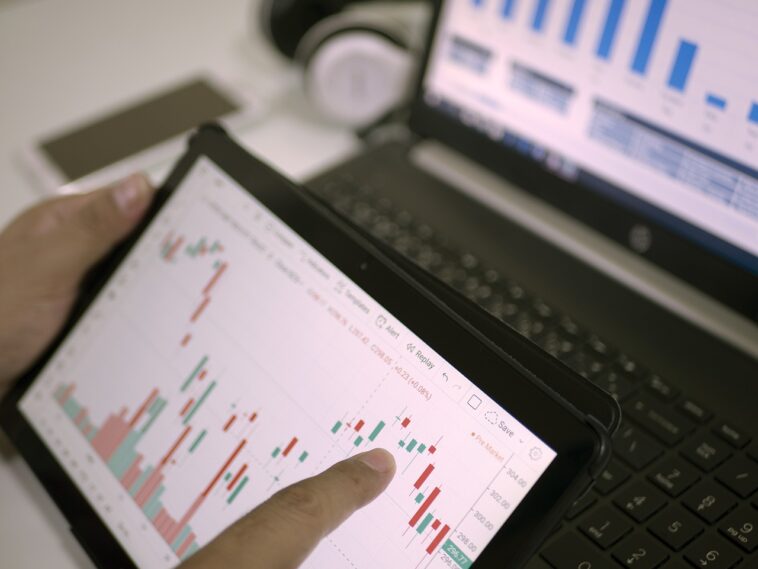In the midst of a global pandemic, it’s no wonder that the stock market has become somewhat unpredictable. This has spooked many investors, and particularly those who are managing personal portfolios without much experience. And even though the U.S. markets have actually rebounded on the whole with some strong bull runs, it’s clear that news related to the pandemic and its myriad of consequences can still turn the markets on a dime. Consider that way back in January — before we were aware of the scope of the problem or its reach in the U.S. — mere fears about the pandemic’s potential caused stocks to slump. Simply put, any bit of news can have a dramatic effect at this point.
This means that even if the markets might look strong on any given day, plenty of investors are still hesitant to invest much, or to reactivate portfolios they may have pulled back from. In some cases this will translate to these investors sitting the year out, and not doing any trading at all. In other cases however, it may lead people to seek alternative ways of getting back into the markets — potentially with a little bit more control over their assets.
The following are some of the alternative methods some might consider.
Stock Market Apps
The past few years have actually brought about something of a revolution in how new investors are introduced to the stock market. This has happened in the form of a variety of apps that make it easy for traders to open accounts and trade with small amounts, and without paying significant fees. Those factors — small-amount trading and minimal fees — will certainly appeal to investors who have been spooked by the recession. However, the control offered by these apps might be even more of a factor.
In a guide to successful investment, we wrote about liquidity as a concern among traders. It’s important to ask what percentage of a portfolio needs to be available at a moment’s notice, and particularly these days investors are likely to feel more comfortable if that percentage is higher. Stock market apps don’t necessarily guarantee 100% liquidity, but they do offer tighter control over assets. Working with what are essentially automated digital brokers, investors can confidently trade with the knowledge that they can directly and quickly move funds when they need to.
Stock CFDs
CFD is an abbreviation for “contract for difference,” and it’s a trading method that some associate more commonly with non-stock market assets, such as currencies or commodities. However, it is possible to trade stock shares via CFDs, and this method may be able to put some anxious traders at ease simply because of some of the protections it offers.
To begin with, a contract for difference can involve trading in either direction. Investors buy or sell stocks as a means of betting on rising or falling value — which means that in a market on its way down, a “sell” order in a CFD trade can still be profitable. Investors don’t need to look for positives where there might not be many to find. Additionally, CFD trading can involve profit and loss orders, which investors can use to automatically pull profits or cut losses according to acceptable limits. None of this means CFD trading necessarily makes for an easy profit. But it can give an investor a greater sense of control in tough conditions.
Commodity Markets
Some investors may also prefer to move away from stocks altogether also, and focus instead on commodities. In fact, reports have indicated that some investors are fleeing to safe assets, which are usually thought to include certain commodities like gold and silver.
The benefit here is that commodities can functionally be traded much like ordinary stocks. They’re often used to diversify portfolios, and they don’t demand much of a learning curve for people who are more used to stocks. However, there are at least some commodities that are typically less volatile when markets crash. Mind you, not all commodities fall under that umbrella; oil, for instance — the most traded commodity in the world — experienced an unprecedented drop-off as markets crashed earlier this year. But there are other commodities, like the precious metals, that are widely seen as being more stable.
2020 has presented an economic climate that makes investment tricky for everyone, and in every market. Given the pandemic’s effects on mainstream exchanges though, these alternative methods and investments may start to attract more attention.






Comments